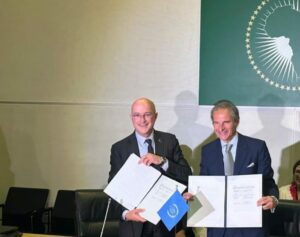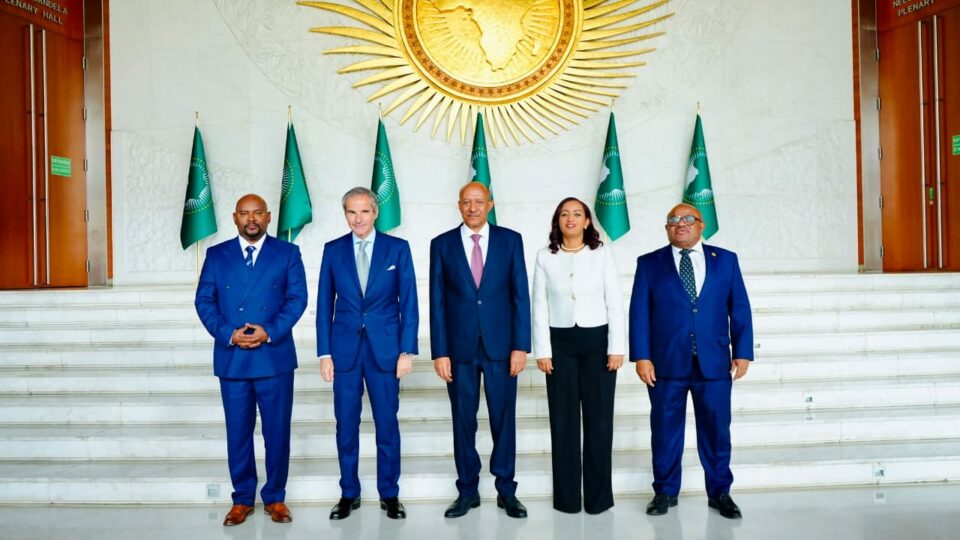

The International Atomic Energy Agency (IAEA) and St. Jude Children’s Research Hospital have announced a landmark partnership aimed at reducing global disparities in childhood cancer care. The collaboration, unveiled at the IAEA’s Rays of Hope Forum in Ethiopia, seeks to expand access to pediatric radiotherapy and strengthen health systems in low- and middle-income countries (LMICs).
Addressing a Critical Global Health Challenge
Each year, approximately 400,000 children worldwide are diagnosed with cancer. While survival rates exceed 80% in high-income countries with advanced medical infrastructure, more than 90% of childhood cancer cases occur in LMICs, where survival rates remain below 30%. A key factor in this disparity is the lack of access to essential diagnostic and treatment technologies, including advanced clinical imaging and radiotherapy.
Radiotherapy is a critical component of treatment for nearly half of all childhood cancers, yet many LMICs face severe shortages of equipment and trained specialists. A 2021 IAEA study highlighted these challenges, noting insufficient infrastructure and a critical gap in radiation medicine professionals specializing in pediatric oncology.
 A $4.5 Million Investment in Hope
A $4.5 Million Investment in Hope
St. Jude Children’s Research Hospital, a leading institution in pediatric oncology, has committed $4.5 million over three years to support IAEA initiatives in expanding radiotherapy access and improving cancer care systems. The partnership will focus on:
– Training specialists in radiation oncology, medical physics, and radiotherapy technology.
– Developing technical resources and guidelines (“Global Goods“) to standardize best practices.
– Conducting imPACT Reviews to assess national cancer control capacities and tailor interventions.
“Children should not die of cancer simply because of where they are born,” said IAEA Director General Rafael Mariano Grossi. “By closing the gap in access to cancer care, we can ensure that every child has an equal opportunity for survival. This is not a privilege it should be a reality.”
Don’t miss any more news by subscribing to our Telegram channel
And our Facebook page
Ethiopia’s Commitment to Advancing Cancer Care
The Rays of Hope Forum, held under the IAEA’s global initiative, brought together policymakers and health experts to evaluate progress in cancer treatment accessibility. Ethiopian Deputy Prime Minister Temesgen Tiruneh emphasized the country’s efforts to expand life-saving health technologies, including radiotherapy services.
“Behind every policy, there is a person behind every investment, there is a life and behind every delay, there is a mother’s care,” Tiruneh stated. He highlighted Ethiopia’s progress in training community health workers and improving cancer treatment accessibility, stressing that “no patient should suffer at home due to distance or financial constraints.“
A Collaborative Path Forward
The IAEA-St. Jude partnership represents a critical step toward equitable cancer care. By strengthening health systems and building local expertise the initiative aims to transform survival rates for children in underserved regions. As global stakeholders unite under the Rays of Hope initiative the message is clear: with coordinated action, childhood cancer survival should no longer depend on geography or economic status.
Emebet Asefa , correspondent, Ethiopia




